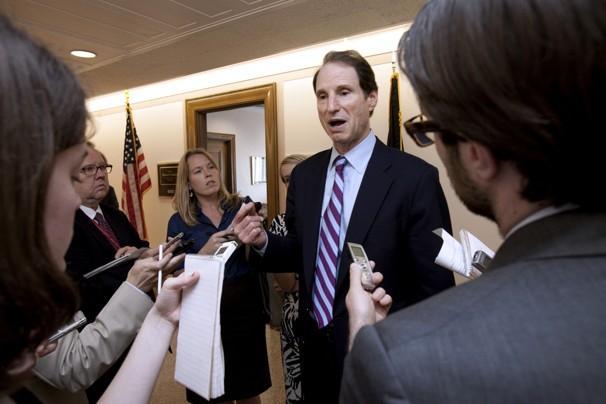It sounds like a fairly simple notion: copyright infringement and piracy harm creators, stifle creative industries and have a negative impact on the economy and jobs, so stricter copyright protections are needed, right?
The Motion Picture Association of America (MPAA) and the Recording Industry Association of America (RIAA) have dished out this logic time and time again to convince lawmakers that more needs to be done to combat infringement.
But recent studies are calling their claims into question.
Earlier this month, the Australian Digital Alliance published a study stating that more flexible copyright laws, such as Fair Use implemented in the United States, would boost Australia’s economy by $600 million.
Similarly, a 2007 study by the Computer and Communications Industry Association found that the Fair Use economy added 70 percent more value to the U.S. economy than copyright industries.
Suddenly, the MPAA and RIAA’s talking points seem a bit disingenuous.
Flexible copyright laws are not only good for the economy, they’re good for people in general.
Fair Use is what allows us to print copyrighted web pages for studies or to record our favorite TV shows.
The Stop Online Piracy Act (SOPA) and the Protect IP Act (PIPA) were the products of the MPAA and RIAA’s attempts to enforce stricter copyright protections, but when normal Internet users, spurred on by Internet giants such as Google and Wikipedia, reacted to these laws, it resulted in one of the most decisive legislative defeats in recent history.
They understood the innovation the Internet has enabled in recent times, such as YouTube and cloud computing services like DropBox, and were comfortable with the 15 copyright bills that have already been passed in the last 30 years.
And studies are proving they acted correctly.
Rutgers Law Professor Michael Carrier interviewed 31 CEOs and leaders in technology companies, the recording industry and venture capital firms about the effects of copyright laws and litigation in a study published in July by the Wisconsin Law Review.
The study found a broad consensus among those interviewed that copyright litigation does, in fact, stifle innovation in creative industries. They saw that litigation was being used as a business strategy, whereby entrenched companies can use their vast resources to sue startups into oblivion.
The study noted that venture capitalists are less likely to invest in a company that is in trial or is even threatened to be sued.
Yet the clamor for stricter copyright protections never ceases.
Currently, 11 countries, from the United States and Australia to Malaysia and Vietnam, are drafting a trade agreement called the Trans-Pacific Partnership (TPP) without any oversight from a majority of Congress, according to Sen. Ron Wyden, D-Ore.
Leaked drafts of the agreement exist, but the official documents are not available.
Wyden has criticized the Office of the United States Trade Representative for consulting corporations, such as Comcast and the MPAA, while leaving the public in the dark.
The TPP contains an intellectual property charter that could compel nations to restrict Fair Use, ban circumvention of “digital locks” (jailbreaking an iPhone and other hacks) and push copyright duration to a ridiculous amount of time, according to the Electronic Frontier Foundation.
The TPP even has SOPA/PIPA-like provisions.
It would allow Internet Service Providers to filter communications for potentially infringing material and block access to websites accused of infringement.
If we were serious about SOPA, then we should be just as serious about the TPP and other strict copyright agreements, especially when there is demonstrable evidence that such restrictions are actually more harmful than beneficial.





